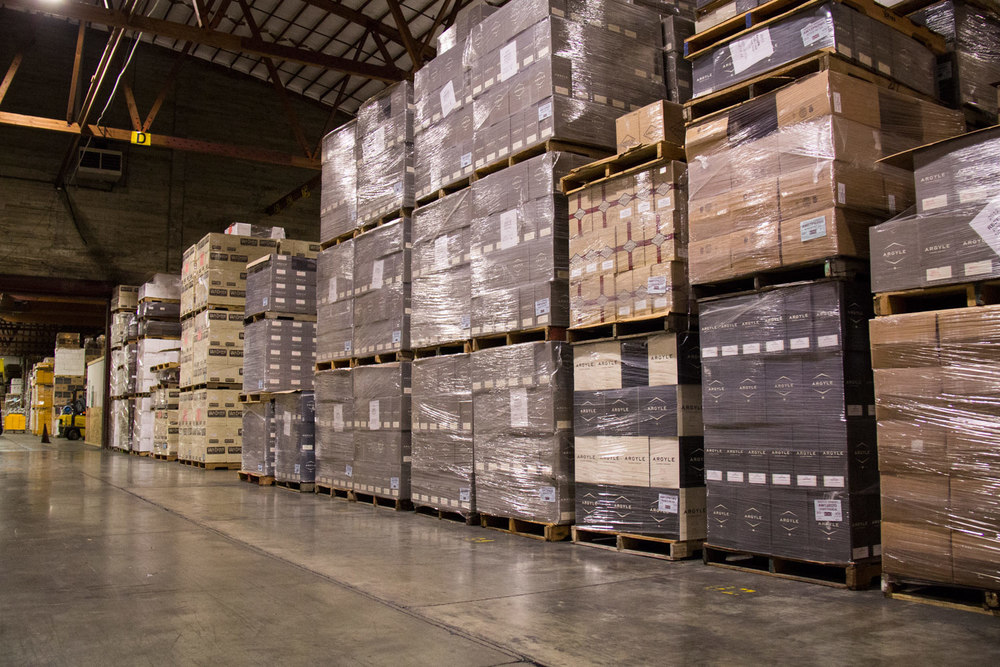I often hear wineries say how unhappy they are with the results from their distributor and that distributors no longer build brands as they once did. I also hear wineries say that:
- small distributors are more successful with trade accounts because they have smaller portfolios and therefore have more time to create relationships, or
- all distributors, small and large, focus on only the largest brands that provide them with the greatest return.
My response is that most distributors, small and large, have too many brands, and not enough resources or time to accomplish all your wishes.
Due to their lack of time and resources, distributors typically respond to a winery’s lofty ambitions by suggesting that you either lower your price or spend money on their salespeople (incentives) to get them to focus on your brand. For those of you who have been down this path, sooner or later you realize that this doesn’t work like you thought it would.
In my experiences, I believe that both small and large distributors are ready and willing to build your brand if you have developed an appropriate brand plan and are prepared to do your share of the heavy lifting.
Here are 4 essentials to improve your chances of being successful with your distributor in their market:
1. Understand the market and how it works best
Do your research and bring your knowledge to the relationship. You will build a balanced and successful relationship by understanding the market and how your brand fits in it. A keen understanding of what are the best market practices will go a long way toward convincing your distributor to sign off on your plan.
2. Have a complete sales and marketing plan
This may sound elementary but providing your sales and marketing plan demonstrates your understanding of the market and your willingness to help them build your brand. A successful brand plan includes:
- Sales and depletion goals that are reasonable,
- Smart pricing and non-price promotions,
- Products focused on the selling channels and accounts that are most likely to succeed with your product.
- Marketing materials that will resonate with buyers.
3. Know the strengths of your products and what does and does not work
While it would be nirvana to sell all the wines that your company produces, distributors are best at selling your key products. Wasting their time selling wines that don’t fit the market or dilutes their efforts on your best-selling wines detracts from the distributors’ efforts and will deliver poor results. The better approach is for your distributor to focus on selling your key items and if necessary, you present your non-essential wines in the market or sell them direct to consumers.
4. Get involved and bring value to your distributor relationship
You can add tremendous value to your distributor relationship by creating direct relationships with their trade buyers and market influencers so that you don’t rely solely on your distributor to satisfy all of your needs.
- Schedule trips so that you spend half of your time working with the distributor’s sales team and the other half calling on accounts on your own.
- Your distributor is more likely to pitch in if he knows that you are helping him succeed.
Utilizing these tactics and having a full understanding of your distributor’s expectations and strengths will help set the foundation for a successful and balanced partnership.
You may also show your distributor that the heavy lifting wasn’t so hard after all!
-GP
About Palmateer Consulting LLC
Palmateer Consulting LLC provides innovative and comprehensive operational, distribution and marketing strategies to domestic and international wineries and to wine regions. We couple creative excellence and business acumen with more than 35 years of wine industry experience in distribution, marketing and sales.



